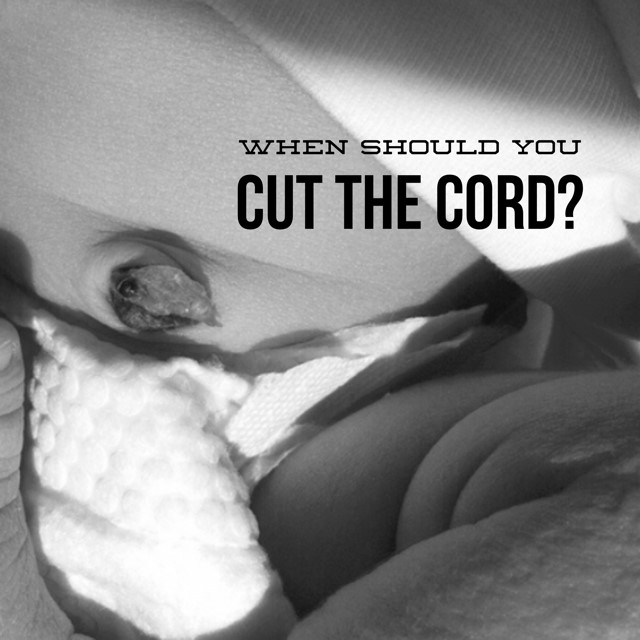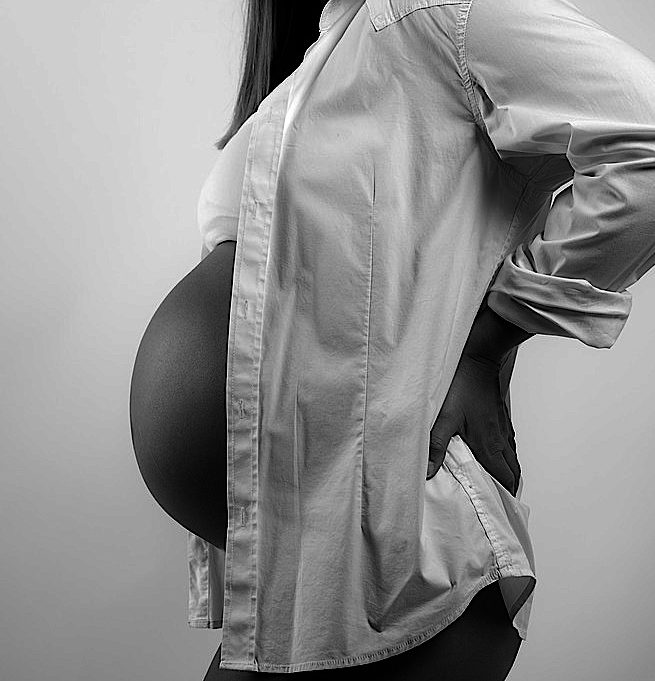
Benefits Of Delayed Blood Clamping:
Benefits Of Delayed Blood Clamping For Your Baby, By Natasha Burgert, MD, FAAP (@doctornatasha).
Following the 2017 American Academy of Pediatrics (AAP) National Conference, Dr Natasha Burgert (@kckidsdoc) shares some key information that emerged from the recently concluded conference.
What You Need to Know About Delayed Cord Clamping
You’ve rejoiced at the two lines on your home pregnancy test. You’ve watched your baby grow from the size of kiwi to a watermelon. You’ve felt first kicks and hiccoughs. Gender reveals, baby registries, baby showers… You’ve done it all!
Throughout these months of excitement and anticipation, your baby has been connected to your body by an umbilical cord. This slippery, thick “rope” is a literal lifeline, containing two arteries (carrying waste products away from the baby to the placenta) and one vein (returning oxygen-containing blood to the baby) to perform this vital job. At the time the baby is born, the umbilical cord is clamped and cut as baby begins his or her new life as an independent human.
Traditionally, the umbilical cord is clamped and cut less than a minute after a child is born. Recent research has challenged this practice, however, suggesting that allowing the cord to remain intact and untouched for 3-5 minutes after delivery may have benefits to the new infant. In fact, the American Congress of Obstetricians and Gynecologists supports delayed cord clamping for all healthy newborns.
Delayed Cord Clamping (DCC ) has shown numerous benefits to the newborn. It allows time for more oxygen-rich placental blood to return to the baby before cord cutting; resulting in baby receiving more red-blood cells, more iron, and more stem cells before separation. In addition to the potentially easier transition to living outside the womb, this extra blood decreases the risk of both anemia in infancy the risk of needing blood transfusions.
The cool part? The benefit of DCC may extend past the infancy period. One study followed infants for four years after using DCC during delivery and found improved fine motor and social skills relative to non-DCC peers. This neurocognitive benefit was seen more in baby boys than baby girls.
So why wouldn’t you want DCC for your baby? Studies suggest that the benefit of DCC is most significant in preterm babies and babies in developing countries. For women delivering in well-resourced areas, some argue healthy term babies don’t need the extra boost. Also, DCC does not allow for healthy babies to significantly contribute to stem-cell donation. Donated stem cells are responsible for saving lives of children in need of life-saving medical interventions. Many families choose to donate umbilical cord blood rather than opt for DCC.
Although DCC is possible for both vaginal and caesarian births, it’s important to remember that not all birth experiences go as planned. For babies needing additional support at the time of birth, delayed clamping is likely less important than other urgent life-support measures. Alternatively, DCC may not be in the best interest of a mother’s health if excessive bleeding occurs at delivery, or has other chronic illnesses.
Talk to your doc about your preference for delayed cord clamping. Make the decision together on your baby’s birthday to determine what is best for both you.
Congratulations and good luck!
RECOMMENDED : IMPORTANT THINGS FIRST -TIME MOMS SHOULD KNOW
About the author: Dr. Natasha Burgert is a board-certified pediatrician in Kansas City, MO and spokesperson for the American Academy of Pediatrics. She shares evidenced-based child health information blended with her experience as a mom of two on KCKidsDoc.com. You can also find her on Facebook, Instagram, and Twitter.
Join us over at the PB Moms Exclusive Circle, where we invite healthcare experts to prepare us for life after childbirth and motherhood. Go to: pregnancybeyond.com/exclusive-circle.
Follow PregnancyBeyond on Instagram, Facebook, and Twitter.
BABY CHILD BIRTH FIRST TIME MOM GUEST POST LABOR AND DELIVERY MATERNITY MOMMY TO BE NEWBORN PEDIATRICIAN PREGNANCY




